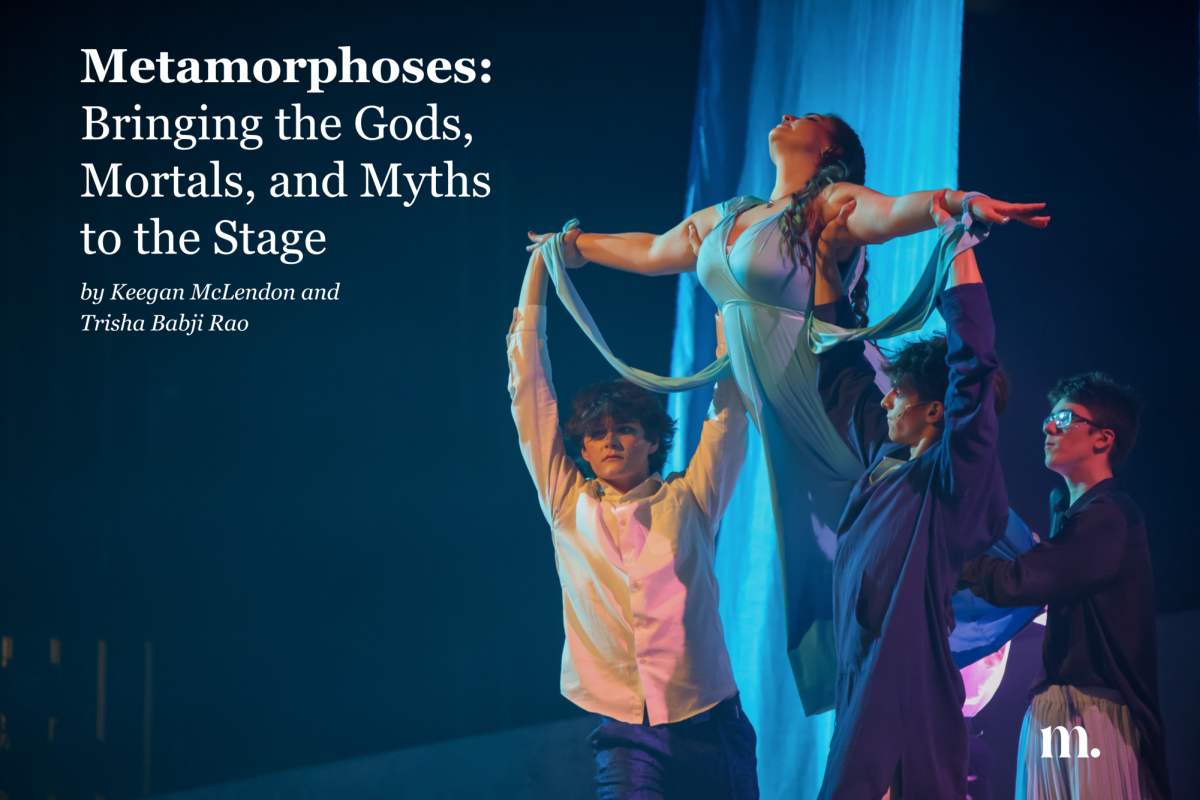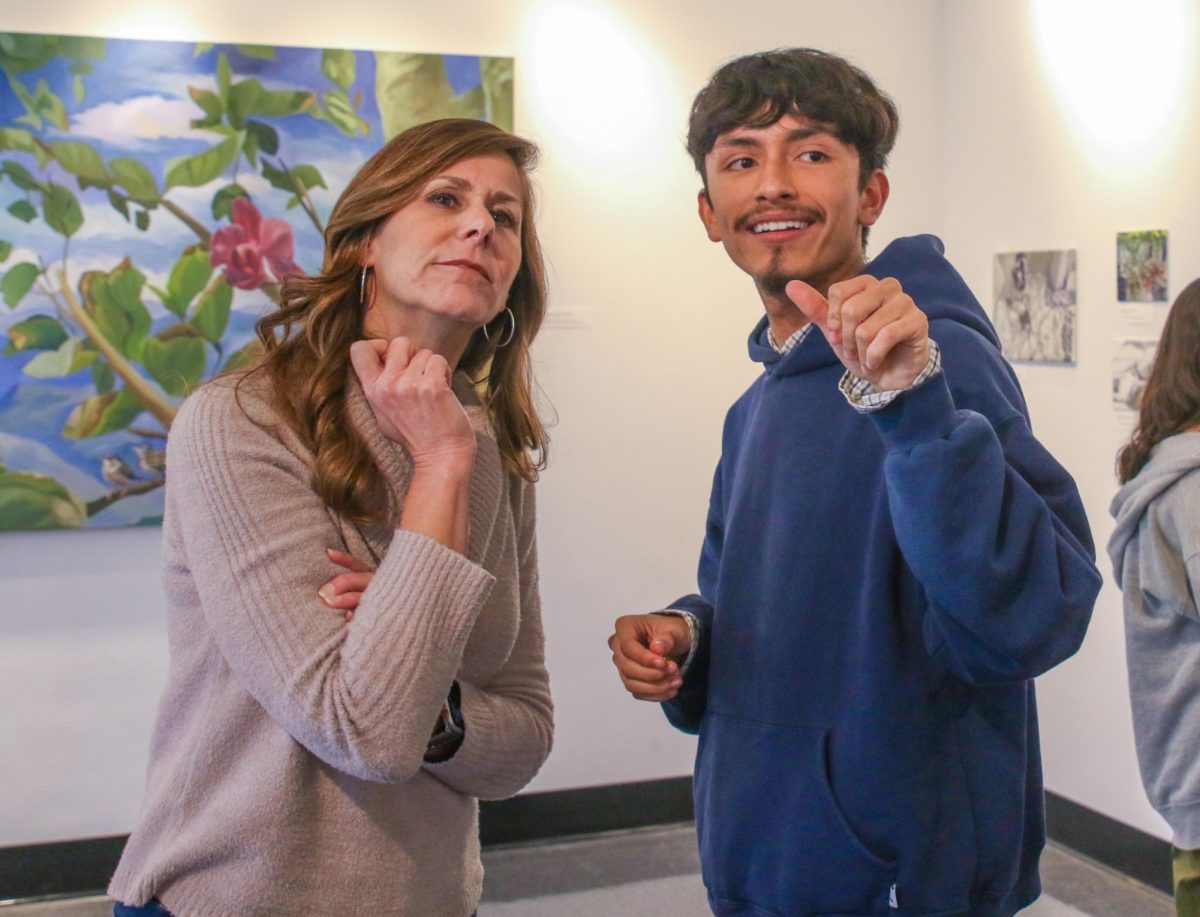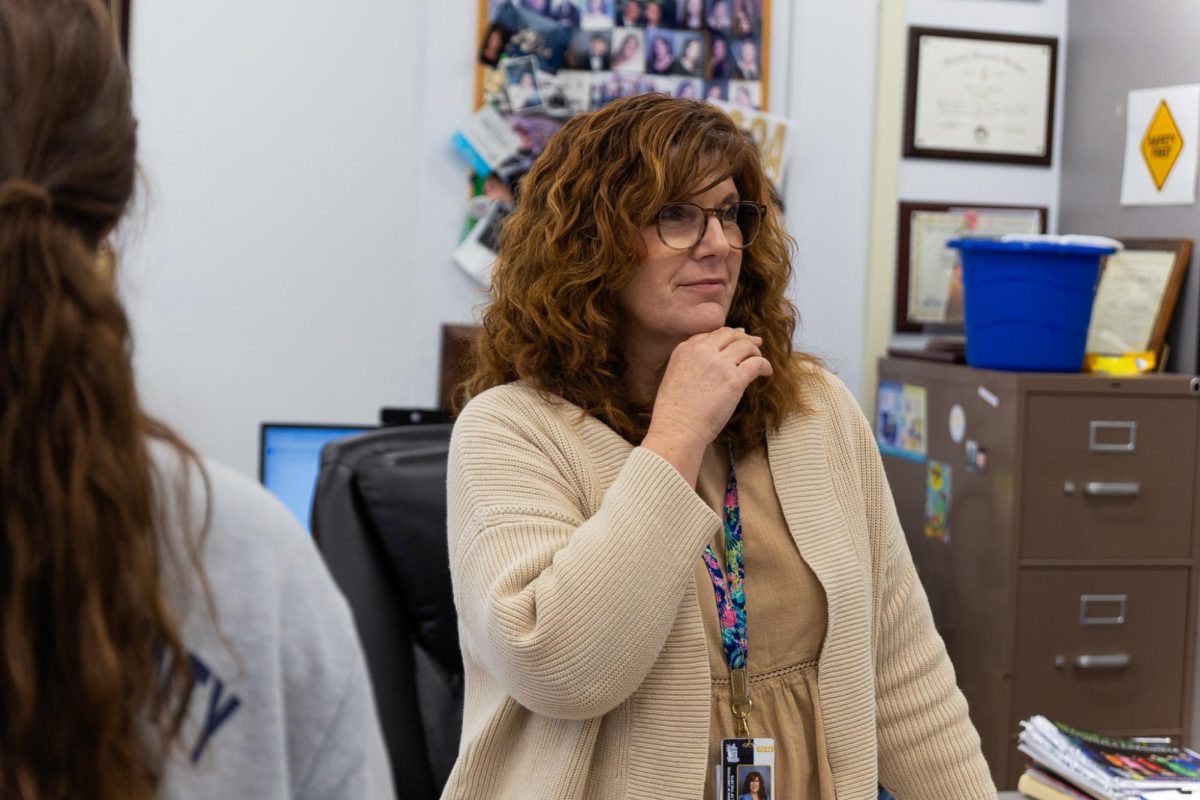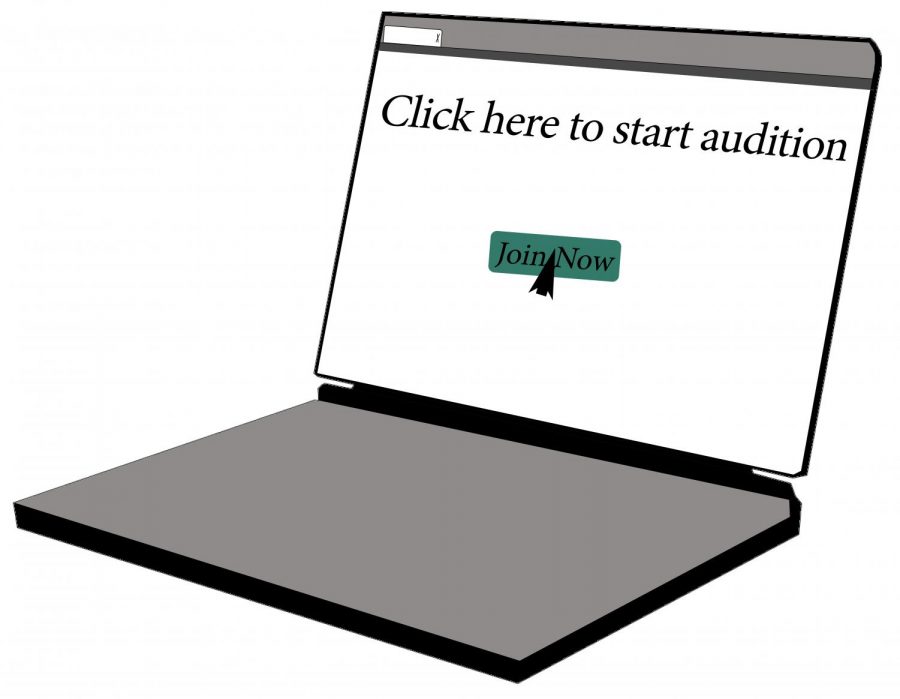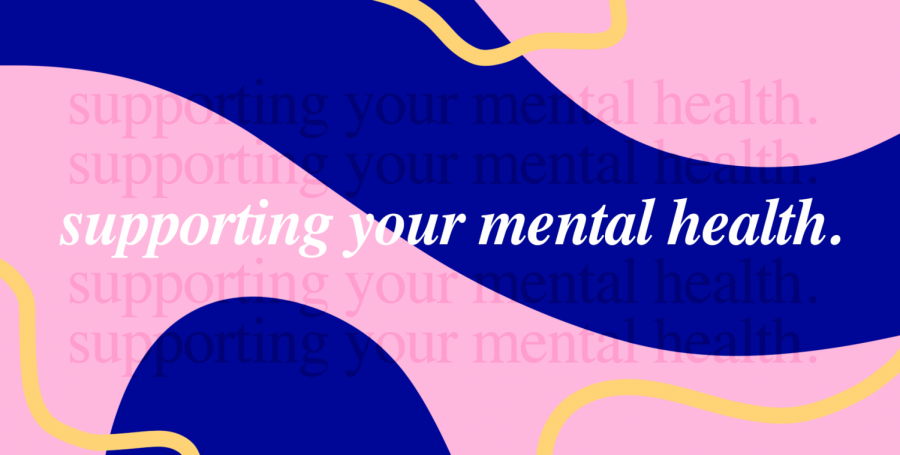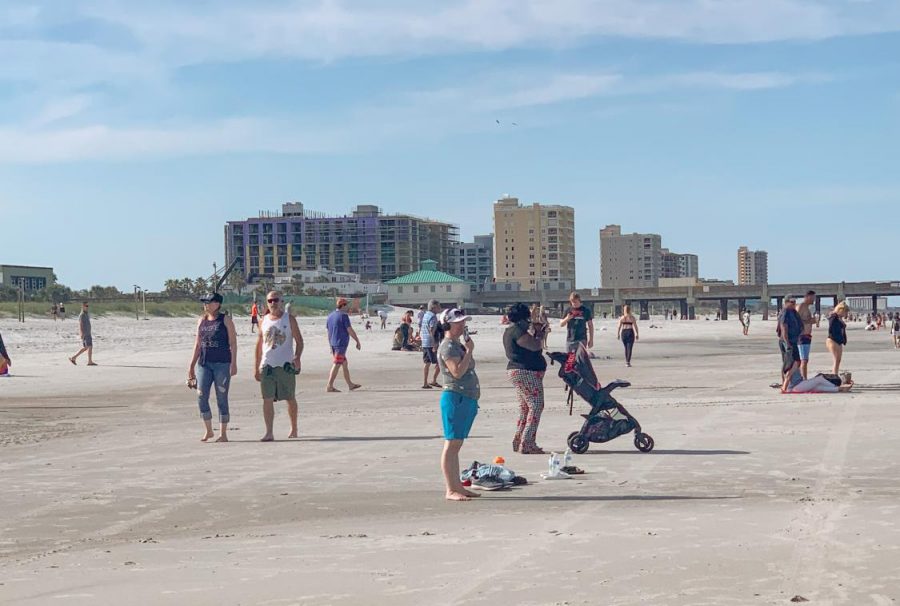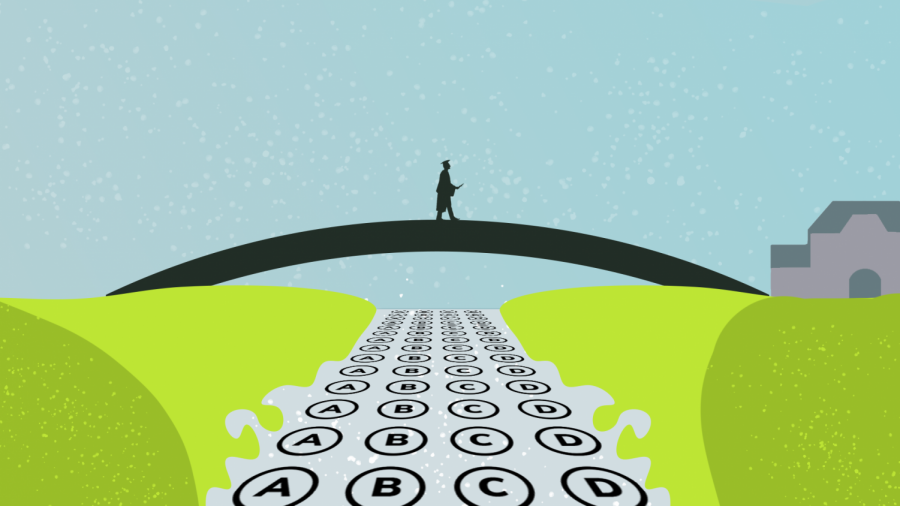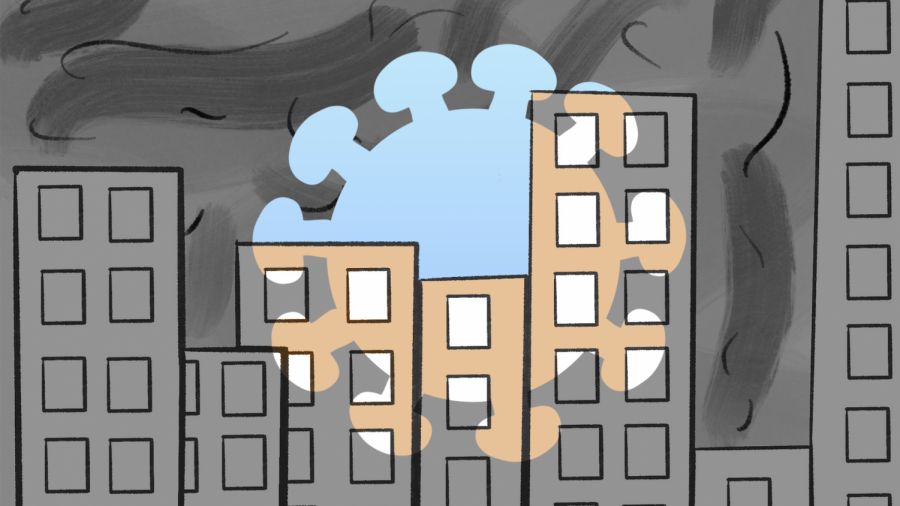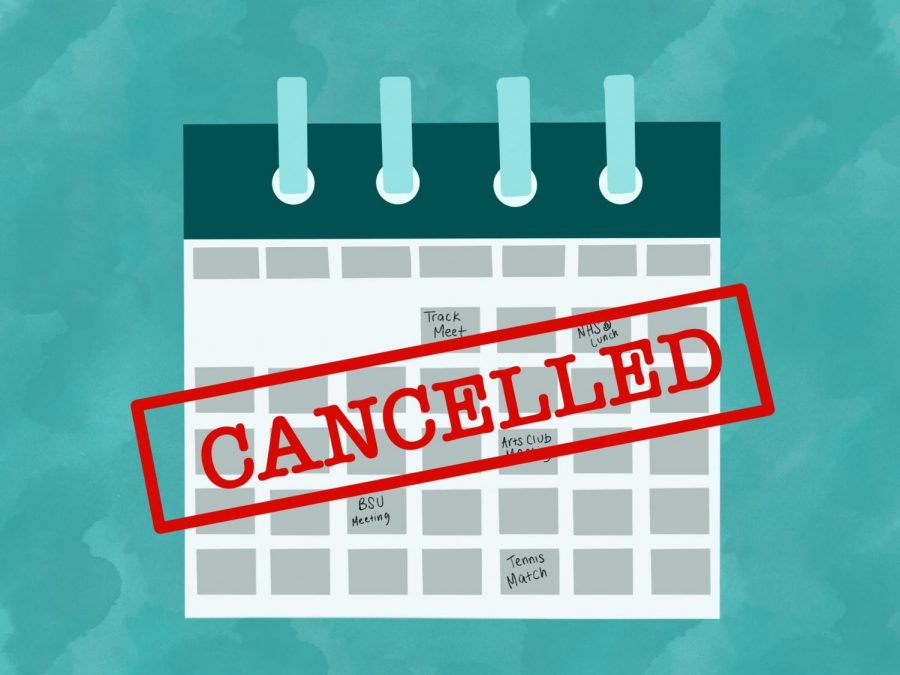Social distancing measures have shifted our daily habits to be primarily digitized—with education being no exception. From closing school for the rest of the academic year, to switching away from Zoom video conferences due to privacy concerns, The Palm Beach County school district has taken several measures to promote a smooth transition into online learning.
How has this affected students?
The class of 2020 has seen their most anticipated events canceled, or shifted online. This has brought upon massive disappointment for the senior class, whose last day of high school was March 13, just a little over a month before prom on April 25, and just two months away from the original graduation date, May 15. Now, faced with an online graduation on May 29, senior students have lost important milestones at the end of their year.
The consequences of a shift to online learning may even continue to affect seniors into their freshman year of college, as many colleges are moving to all digital learning for the time being.
“I was supposed to start in the summer, and that’s been moved to online, so [now] I’m having to do more online classes, and I’m definitely not a huge online learner, communications senior Sydney Webb said. “I can’t move out because I was moving into a dorm, so now I’m staying home for the summer, and there haven’t been any decisions made for the fall, but if fall is online that affects learning, that affects housing.”
Online learning has given our education a much more personal goal oriented context. Without in-person teaching and time limits in classrooms, students are expected to keep up with everything on their own accord. While this may build discipline and allow some students greater flexibility, it places students who often struggle with personal motivation and work in a worse-off position, making it easy for some to fall behind, and play catch-up with the class.
The added consequence of an all-online AP testing schedule this year may put disadvantaged students in even further risk, exposing students with weaker Wi-Fi connections or hardware problems to potentially missing out or doing worse on a drastically different exam. Couple that with different rubrics and guidelines for the exams students have spent the year preparing for, and the possibility for student struggle is high.
With colleges moving the rest of the spring semester online, doubt lingers over the possibility of a complete fall semester closure, with mixed responses from various colleges. While some universities like Purdue plan to reopen in the fall—albeit with some safety measures in place—others, such as Harvard, opt for a hybrid approach, continuing online teaching while allowing students on campus. The current pandemic raises a tough choice for colleges—face massive financial losses while closed, or grapple with the possibility of opening up a campus only to further spread COVID-19.
Although the shift to online may have been a confusing and uncertain transition, school district officials and colleges are working hard to follow pertinent information regarding the pandemic, and will continue to work with what’s available to provide the education—and for colleges, the housing—that students need. For now, this pandemic has granted us with a foray into online learning that may prove vital in the future.























































